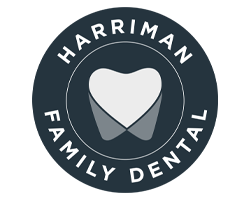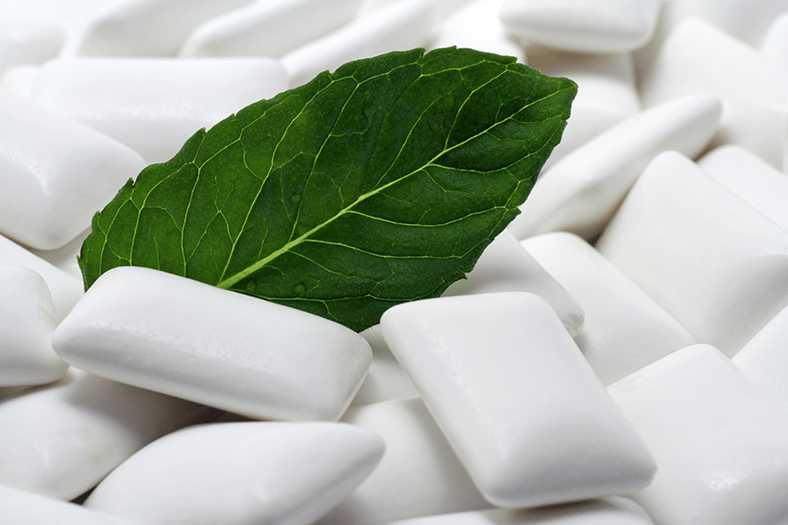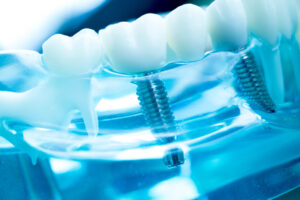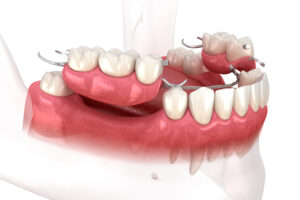We know that sugar is the leading cause of cavities. Simple carbohydrates like sugar feed oral bacteria, which grow and excrete acid that attacks your tooth enamel. Tooth enamel is very strong, but it’s vulnerable to acid attack. The acid first removes minerals from teeth, then creates holes in the teeth, cavities.
The problem is: it’s hard to give up sweets for many of us. We crave them on a daily basis, whether we prefer baked goods, hard candies, or chewy caramels. The problem is especially bad for children, who seem drawn to candy almost from birth. If only there were a way to satisfy our sweet tooth without sacrificing our literal teeth.
Actually, there are three. That’s right, there are three different ways that you can enjoy sweets while actually protecting your teeth.
Chewing Gum
Chewing gum is the oldest strategy for a sweet that can protect your teeth. Chewing gum can have many tasty sweet flavors, but it can also clean your teeth.
Chewing gum helps stimulate your body to produce saliva. Saliva helps dissolve food in your mouth, which helps remove residue from your last meal. Saliva also has antibacterial properties, which can help keep harmful bacteria from growing too much in your mouth.
But chewing gum also picks up food particles from your teeth, and it can trap oral bacteria. In one study, gum chewed for 10 minutes trapped about 100 million bacteria. The trapped bacteria came from many species, including some known to be harmful.
Xylitol, a Protective Sugar Substitute
Another strategy to get your sweets without endangering your teeth is eating foods with sugar substitutes rather than actual sugar. In fact, it’s recommended that you only chew sugar-free gum if you’re looking to protect your teeth.
However, some sugar substitutes do more than just provide you a sweet that doesn’t feed oral bacteria. Xylitol can actually harm cavity-causing bacteria. Although xylitol isn’t a digestible sugar, it’s enough like a sugar that bacteria take it in. Because they can’t digest xylitol, they end up being full of food, but getting no nutrients. Bacteria that eat xylitol may die, or they may just be impaired by the sugar-like substance.
It’s also possible that xylitol can help restore minerals to teeth that develop cavities.
Enlisting Basic Bacteria
If you are hanging with friends, you might toss around “basic” as an insult, but for oral bacteria, it’s a great thing. While acids damage tooth enamel, their opposite, bases, can help repair teeth. While some bacteria produce acids when they feed, others produce bases, which creates alkaline conditions and can help restore your teeth. The secret is just finding the right thing to feed the bacteria.
Acid-producing bacteria prefer sugar, but base-producing bacteria prefer the amino acid arginine. That’s why a new candy called BasicBites ® includes arginine to help feed these bacteria. This can make your mouth more basic, reducing the risk of cavities. And the candies are sweetened with xylitol, making them both healthy and tasty.
Don’t Forget Your Checkups
While these candies do offer some protections for your teeth, they aren’t a substitute for your routine oral healthcare, including brushing, flossing, and making regular dental checkups.
If you’re looking for a dentist to help protect your teeth in the Orange County, NY area, please call (845) 783-6466 today for an appointment at Harriman Family Dental.



